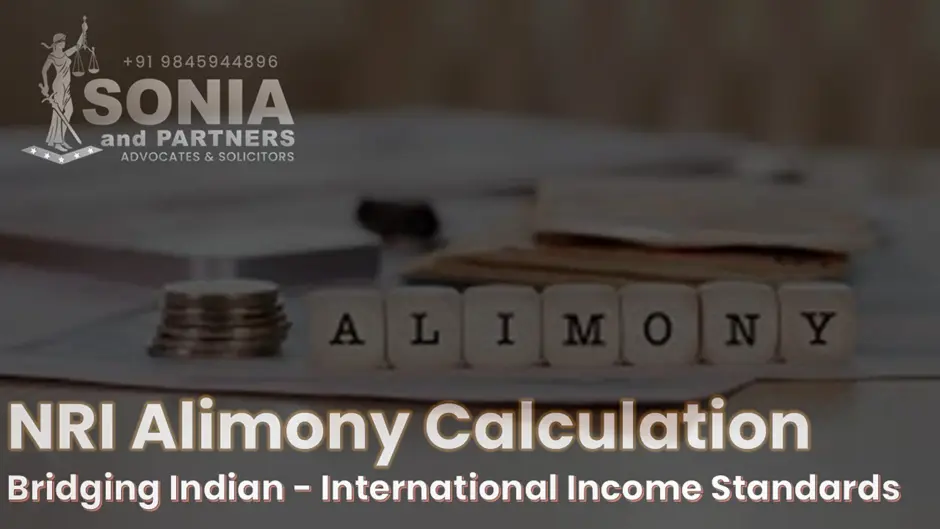
Bridging Indian and International Income Standards
Why PPP Matters for NRIs
An NRI earning $100,000 in the U.S. may appear affluent when converted directly (~₹80 lakh), but the cost of living, taxes, and social systems differ drastically. That’s where PPP conversion becomes indispensable.
- What is PPP?
PPP accounts for what money actually buys in different countries, adjusting for local prices—groceries, housing, healthcare.
- Why courts care
Indian alimony aims to uphold the marital standard of living. Raw conversions ignore real-world value. Courts increasingly expect PPP-informed arguments to ensure true equity.
- The Parity Formula: Simplify with Clarity
To make your case crystal clear, use “Adjusted Indian Equivalent Income = Foreign Income × (PPP of India ÷ PPP of Host Country)”
Example:
- NRI spouse in the US earns $120,000/year
- PPP conversion rate shows India is 0.5× as expensive as the U.S.
- Indian equivalent: $120,000 × 0.5 = ₹60 lakh
This aligns the court's view: the NRI spouse's purchasing capacity in India is closer to ₹60 lakh, not ₹1 crore.
Structuring Your Court Argument
- Document foreign income transparently: Payslips, W2s, tax returns
- Calculate PPP with credible data: Use sources like the World Bank or IMF PPP indices, this calculation varies depending on economic indices, look at the latest value and then present the calculations.
- Apply parity formula: Show both raw INR conversion and PPP-adjusted figure
- Detail foreign cost of living: Rent, private education, healthcare, insurances etc… use the standard Asset – Liability template as approved by the court to build this statement and present to the court.
- Compare marital lifestyle: Living standards in India during marriage and how PPP aligns expectations. This is extremely crucial, court orders are not against your ability to earn, its basically the standard of living at the time of marriage before dispute aroused.
- Show custody & children's needs: Link parity-adjusted income to actual needs—tuition, travel, household etc..
- Propose mediation using PPP: Offer reasonable alimony quotations anchored in parity for faster settlement
Tips to Make the Court Understand
- Visual aids: Submit side-by-side tables showing standard INR conversion vs PPP-adjusted figures. This helps educating the court, not all judges may be aware, it’s crucial to present the arguments clearly, and important to educate the court your situation. Every case is unique, and you need an experienced high court lawyer who has dealt with such arguments to assist
- Expert affidavit: A certified PPP expert or economist can lend weight.
- International precedents: Cite cases where courts accepted PPP parity (especially from Middle Eastern or European jurisdictions).
- Transparency builds trust: Don’t mask deductions—show net income after taxes.
- Propose annual review: Income changes abroad? Offer automatic PPP revisions.
 11:00 – 19:00
11:00 – 19:00